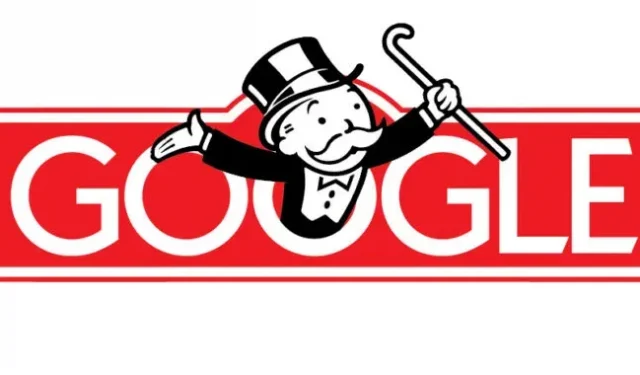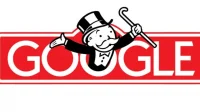The US Justice Department is preparing for a possible antitrust lawsuit against Google’s advertising business, and a new report from The Wall Street Journal outlines a “concession”Google is offering in response to the investigation. Google could split some of its advertising business and hand it over to Google’s parent company, Alphabet.
The gist of the WSJ report reads: “In one proposal, Google proposed to split the parts of its business that deal with auctions and advertising on websites and apps into a separate company under the umbrella of Alphabet, as some people said. This organization could potentially be valued at tens of billions of dollars, depending on what assets it contains.”
The purpose of “unbundling”the advertising division is not necessarily to separate the entire advertising division from Google, but to weaken Google’s overall ownership of the advertising business. The company currently acts as an advertising broker and auctioneer, with which the Department of Justice has problems.
Google creates tools that cover both “buying”and “selling”in the world of web advertising, which naturally pushes advertisers using Google’s buying tools to publishers selling ad space through the Google auction system. Most online systems work in a similar way. Amazon has an interface where Amazon product sellers sell to Amazon buyers, Uber has a system for drivers and riders, but the rules are different when you’re a monopoly, not just “very big.”
The solution proposed here is that the “sell”side of Google Ads will move to Alphabet, while the “buy”side will remain in Google. The idea seems to be that the move will open the door a bit for Google to communicate with non-Google ad systems, but it’s not clear if Google/Alphabet will be given permission to open up.
Is there a difference between “Google”and “Alphabet”?
In response to the report, a Google spokesperson told The Wall Street Journal: “We are engaging constructively with regulators to address their concerns. As we said earlier, we have no plans to sell or exit this business.” The spokesperson added: “Fierce competition in advertising technology has made online advertising more relevant, lowering fees, and expanding opportunities for publishers and advertisers.”
Without any mandate to open an advertising business, it’s unclear what actual changes will be brought about by moving part of Google’s advertising business from Google to Google’s parent company. The Alphabet spin-off may sound like a change to casual observers, but most seasoned Google observers, including your author, will have a hard time pointing out any real difference between “Google”and “Alphabet”. In this situation, the head of advertising will no longer report to Google CEO Sundar Pichai and will report to Alphabet CEO Sundar Pichai. Google and Alphabet also share the same CFO and the same stock symbol, and no Google or Alphabet company would be a self-sustaining business without a ton of Google ad revenue.
The presentation of the Alphabet spin-off as some sort of split would definitely not fit with the way Alphabet has operated in the past. Independent Alphabet companies often work together as a unit. We often see this with Deepmind technology in Google-branded products, with the continued use of Google Fiber branded by Google, and with Alphabet venture capital company CapitalG stating explicitly: “As part of Alphabet, we have special access to knowledge and experience Google. Google will have a lot of work to do to explain what alphabetization means, beyond the platitudes in an org chart.


